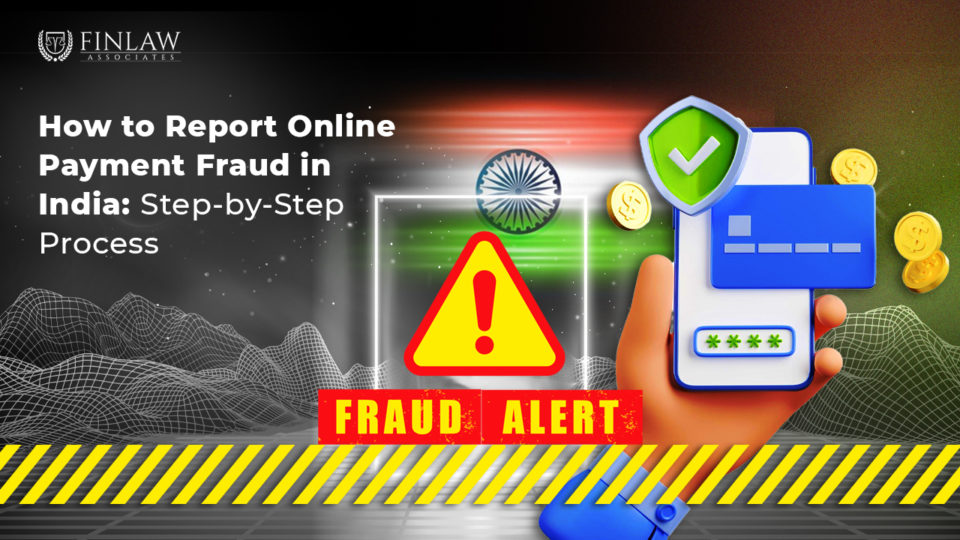
Role of ISPs and Social Media in Curbing Cyber Pornography
November 19, 2024
Understanding Cyberbullying Laws in India and Penalties for Online Abuse
December 3, 2024
In today’s hyper-connected digital landscape, businesses across India are more vulnerable than ever to cyber threats. With a growing reliance on technology for daily operations, many Indian businesses face increasing risks from cybercrime, which can lead to financial loss, data breaches, reputational damage, and even operational shutdowns. As part of our detailed analysis on cyber crime punishment in India, this article aims to explore how cybercrime affects businesses and offers practical steps to safeguard your organization.
1. The Rising Threat of Cyber Crime Against Indian Businesses
Indian businesses, from startups to large corporations, are facing a notable increase in cyber attacks. According to recent reports, cybercrime incidents in India surged by nearly 11% in 2023, with the financial sector, healthcare, e-commerce, and retail industries being major targets. Cybercriminals leverage sophisticated techniques, including ransomware, phishing, data breaches, and identity theft, often finding vulnerable entry points in a company’s digital defenses. This threat, unfortunately, isn’t confined to a specific sector. It’s universal, impacting businesses of all sizes and undermining consumer trust.
2. Financial Impact of Cyber Crimes on Businesses
The financial implications of a cyber attack can be devastating. Beyond the immediate loss due to theft of funds or customer data, businesses may face expenses related to:
- Incident Response and Forensics: Engaging cyber forensics experts to trace the attack and identify vulnerabilities.
- Legal Costs: Defending against lawsuits and paying regulatory fines, especially if customer data was compromised.
- Ransom Payments: In cases of ransomware, businesses are often forced to pay substantial sums to regain access to their data, though paying ransom doesn’t guarantee complete data restoration.
For small to medium businesses (SMEs), these expenses can be catastrophic. According to the Federation of Indian Chambers of Commerce & Industry (FICCI), nearly 60% of SMEs hit by cyberattacks struggle to recover financially, with some forced to shut down operations.
3. Reputational Damage and Loss of Customer Trust
In a competitive marketplace, reputation is everything. A single data breach can compromise years of hard-earned trust, with consumers becoming wary of the business’s ability to protect sensitive information. Public knowledge of an attack can impact customer confidence, lead to a decrease in new business, and even result in loss of existing clientele. Particularly in sectors such as e-commerce and finance, where handling sensitive data is intrinsic, this reputational impact can be long-lasting and challenging to rebuild.
4. Operational Disruptions and Business Continuity Challenges
Cyber attacks like Distributed Denial of Service (DDoS) can lead to operational paralysis. With systems down, even temporarily, businesses face a halt in operations that can impact revenue generation and productivity. For instance, ransomware can lock critical systems, making it impossible to conduct routine activities. If these attacks persist or occur during peak seasons, companies may struggle to meet deadlines or satisfy client expectations, leading to further financial and reputational setbacks.
5. Regulatory and Legal Implications in India
As cybercrime becomes more prevalent, Indian regulatory bodies have taken steps to impose stringent regulations on data protection and cybersecurity. For instance, the Information Technology Act, 2000 provides penalties for failure to secure data. Additionally, the Digital Personal Data Protection Bill, 2023, has introduced data privacy guidelines for businesses, reinforcing the importance of proactive data management and cybersecurity measures.
Non-compliance with these legal requirements can lead to hefty fines, operational restrictions, and even legal action. Companies that experience data breaches and fail to protect customer information are also at risk of facing lawsuits from affected individuals.
For an in-depth overview of penalties and recourse, check out our comprehensive guide on Cyber Crime Punishment in India.
6. Best Practices for Businesses to Safeguard Against Cyber Crimes
To defend against cyber threats and minimize potential damage, businesses need to implement a multi-layered security strategy. Here are some best practices:
- Regular Employee Training and Awareness: Employees are often the first line of defense against cybercrime. Training employees to recognize phishing emails, avoid suspicious downloads, and handle sensitive data securely is crucial. Regular sessions on cybersecurity awareness should be conducted, ensuring that staff are equipped to recognize and avoid potential threats.
- Implement Robust Access Controls: Not every employee needs access to all areas of the network. By using the principle of “least privilege,” businesses can reduce the number of people with access to sensitive data and critical systems, minimizing the risk of internal and external data leaks.
- Strengthen Password Management Policies: Weak passwords are one of the most exploited vulnerabilities in cyber attacks. Implement a password management policy that enforces strong, unique passwords and two-factor authentication (2FA). Additionally, encourage regular password updates to keep systems secure.
- Invest in Firewalls, Antivirus, and Anti-Malware Software: A robust cybersecurity infrastructure begins with installing up-to-date firewalls, antivirus, and anti-malware software. These solutions help detect and prevent malicious software from entering the system, offering the first line of defense against various cyber threats.
- Regular System and Software Updates: Outdated software is a common entry point for cybercriminals, as it may contain unpatched vulnerabilities. Regularly updating software, applications, and operating systems helps ensure that security patches are applied promptly, reducing susceptibility to cyber attacks.
- Create a Data Backup and Recovery Plan: In the unfortunate event of a cyber attack, data backups can ensure that critical information is not lost. Regular data backups, stored securely in the cloud or on separate servers, allow businesses to recover lost information without succumbing to ransom demands or facing complete data loss.
- Engage Cybersecurity Professionals for Regular Audits: Hiring cybersecurity experts to conduct routine audits can help businesses identify vulnerabilities and implement necessary security protocols. Penetration testing, vulnerability assessments, and security audits provide an external perspective on potential weaknesses, enabling companies to strengthen their defenses proactively.
- Establish an Incident Response Plan: Preparing for the worst-case scenario is essential. An incident response plan outlines procedures to follow when a cyberattack occurs, from containing the threat to notifying stakeholders. With an effective plan, businesses can respond quickly and mitigate the impact of cyber incidents.
7. The Role of Cyber Insurance in Minimizing Impact
Cyber insurance is a valuable tool for businesses looking to protect themselves financially from the fallout of a cyber attack. It can cover costs associated with incident response, legal expenses, data recovery, and, in some cases, reputational repair. By assessing the level of risk and choosing an appropriate policy, companies can mitigate some of the financial impact, ensuring that they can recover more efficiently from an incident.
Conclusion
As cybercrime continues to evolve, the stakes for businesses in India are higher than ever. Implementing comprehensive cybersecurity measures, educating employees, and staying abreast of regulatory requirements are essential to safeguarding against attacks and maintaining operational continuity. Although cyber threats are a complex and ever-present challenge, adopting proactive security strategies can make a significant difference.
For more information on the penalties and legal recourse associated with cyber crimes in India, visit our Cyber Crime Punishment in India page.



